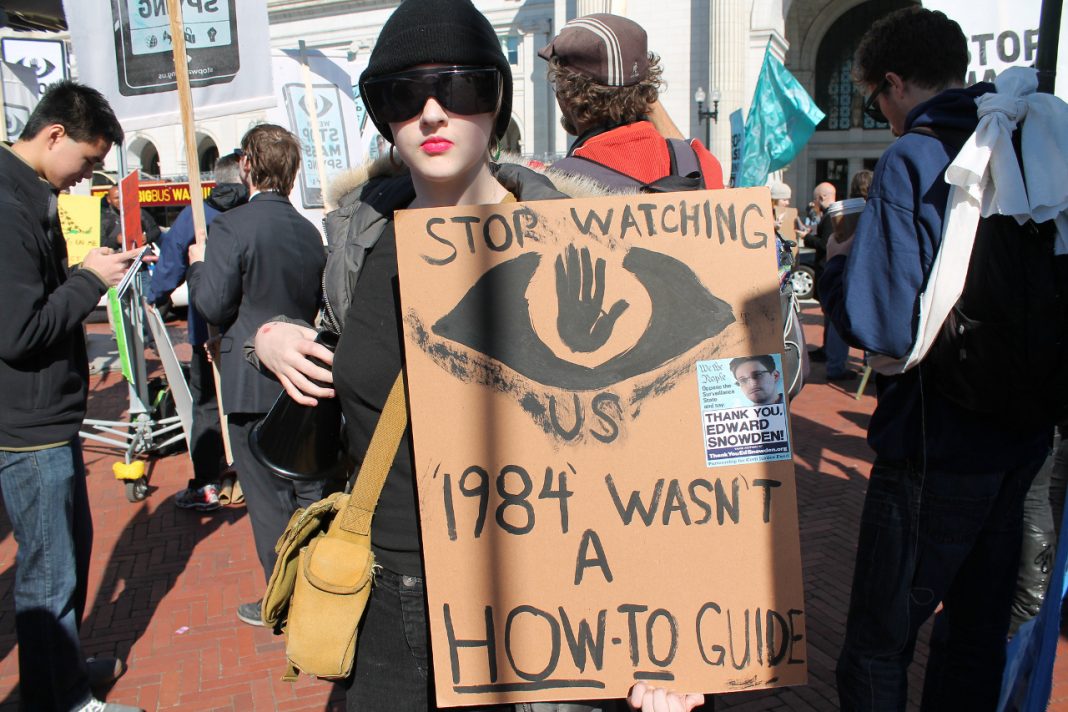The Doing Business 2020 study published by the World Bank showed that developing economies are catching up with developed economies in the ease of doing business. However, the gap remains wide as some countries have made the cost of business extremely low to encourage more economic activity. In contrast, others have high or nearly inaccessible fees to protect existing businesses or simply cash in on the entrepreneurial spirit.
The infographic below by BusinessFinancing.co.uk examines the startup cost for setting up a business in Africa using data from the Doing Business 2020 report.
According to the report, starting a new business is least affordable in Congo, where $1,232 in fees equates to 2,554% of the average monthly income. The report also affirms that the priciest place on the continent to set up a business is Equatorial Guinea ($2,322), where a $324 paycheck means a 718% affordability rate.

Among several countries in Sub-Saharan Africa, Rwanda is the only nation that waives fees for entrepreneurs for the first two years to allow businesses to get started.
- The economies in Sub-Saharan Africa with the most notable improvement in Doing Business 2020 are Togo and Nigeria.
- Only two Sub-Saharan African economies rank in the top 50 on the ease of doing business; Mauritius and Rwanda.


What the report says on reforming for economic advancement
The Doing Business report also acknowledged the two economies from Sub-Saharan Africa that improved the most on the ease of doing business after implementing regulatory reforms. In Doing Business 2020, the top two improvers in Sub-Saharan Africa are Togo and Nigeria. These economies implemented regulatory reforms that focused primarily on the areas of starting a business, dealing with construction permits, and trading across borders.

According to the report, Nigeria appears as one of the top improvers for the second time, and the motivation for reform in Nigeria and Togo was in part the developmental achievements of their neighbours. Rwanda’s progress over the past 10 years inspired authorities in Togo, leading several Togolese delegations to visit Kigali to learn about successful reforms. Togo’s president set a goal to be number one in West Africa in Doing Business 2020. To achieve this target, Togo made significant reform efforts in the areas of starting a business, registering property, and getting credit. Nigeria has embarked on a comprehensive reform journey following the example of Kenya.



